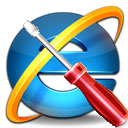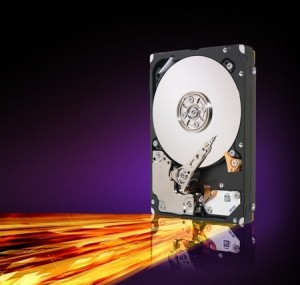 Over time and frequent use, Internet Explorer can accumulate extra “add-ons” and can experience changes that result in slow performance. There are instances where settings are adjusted by add-ons, browser extensions, and toolbars without your knowledge or approval. What most users experience when installing items to their computer are software additions that are part of the package. In other words, you begin installing some item and it includes browser add-ons that are intended to give you quick access to websites (via shortcuts) or additional functionality such as search fields.
Over time and frequent use, Internet Explorer can accumulate extra “add-ons” and can experience changes that result in slow performance. There are instances where settings are adjusted by add-ons, browser extensions, and toolbars without your knowledge or approval. What most users experience when installing items to their computer are software additions that are part of the package. In other words, you begin installing some item and it includes browser add-ons that are intended to give you quick access to websites (via shortcuts) or additional functionality such as search fields.
Slow Performance: The result of unwanted add-ons can be slower times when opening IE, slow browsing speed (it takes longer to view the pages you browse to), and unexpected behaviours such as crashes and program freezes. Even worse, there are those additional items that can be malicious. They function in such a way as to include links to sites that threaten the security of your online banking / financial information, they can lower your security settings making you vulnerable to further malicious attacks, or they can also result in annoying pop-ups that you can’t stop from appearing. A good indication that you need to reset your IE to its original “factory-installed” state. Continue reading...

 Hard Disk Drive (HDD) performance is measured in the following manners:
Hard Disk Drive (HDD) performance is measured in the following manners: